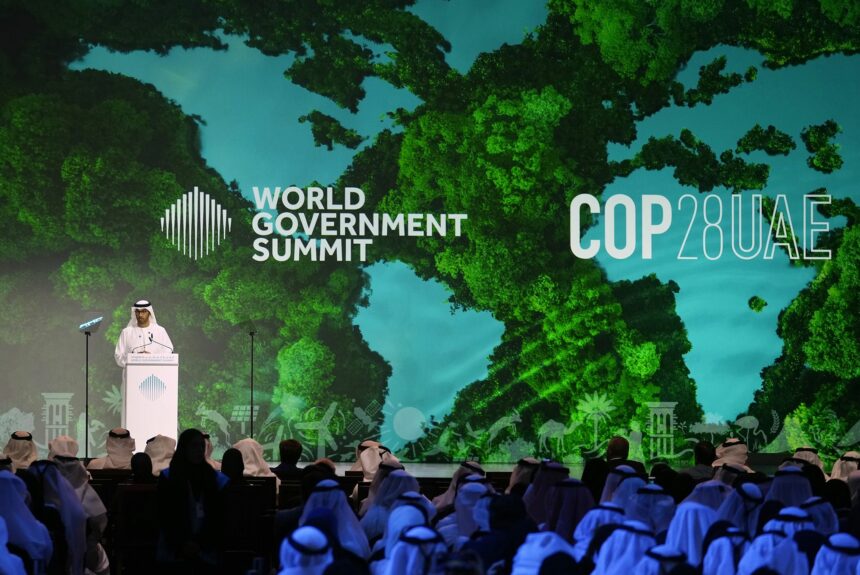With a historic presidential election and regional conflicts in Ukraine and the Middle East, there is little fanfare for the United Nations’ international climate conference, which begins next week in Baku, Azerbaijan. President Biden and many world leaders are not attending. In what feels like a lame-duck COP, investors, policymakers, and NGOs are already turning their attention to COP30 next year in Brazil. The prospects for any new substantive agreements at COP29 are low, and there are valid reasons to be pessimistic. However, many encouraging signs indicate that private sector-driven efforts will meet the world’s energy needs while reducing climate risks.
>>> For Good Climate & Energy Policy, Stop the Trade-Off Denial
But it starts by being realistic. Bad climate policies that restrict energy access prevent upward mobility and human flourishing. However, the goals of increasing energy access, improving living standards, and reducing emissions are not always exclusive. Resource switches from coal to natural gas or wood and charcoal to propane have provided greater energy security, higher levels of prosperity, and lower levels of pollution and human health hazards. Open, competitive markets will continue to pave the way for adopting many clean energy technologies, from solar and battery storage to advanced nuclear reactors.
At COP 29, countries will negotiate and come to the table with requests and demands like in previous years. For anyone who has followed just one COP, we’ve seen this movie before.
There will be pledges and commitments to expand clean energy and phase out fossil fuels. Like last year in Dubai, there will be cries of hypocrisy because a petrostate is hosting a major climate conference. There will be appeals to keep the 1.5 Celsius target alive.
Turning words into action can prove difficult, especially if it comes at a high cost to consumers and taxpayers. Therein lies the reason for much of the pessimism. Developed countries want global emissions cuts, which will be expensive, and developing countries don’t want to stay impoverished.
>>> Broken Permitting Cuts Short Net-Zero Ambitions
And, of course, there will be calls for more government money to pay for a green transition and for losses and damages. Emerging economies want lots of money for an energy transition, but that will also be very expensive and amount to a massive wealth transfer. Governments and politicians have demanded that developed countries pay developing countries to address climate change. A hot topic at COP29 will be the New Collective Quantified Goal (NCQG). As part of the Paris Agreement, countries agreed that, by 2025, they “set a new collective quantified goal from a floor of USD 100 billion per year, taking into account the needs and priorities of developing countries.”
The funds would include taxpayer money and private investment from developed countries. Countries have proposed significantly increasing that goal, suggesting anywhere between $1 trillion annually and $2.4 trillion annually by 2030. Who pays and how much has always been a point of contention. American taxpayers will be unlikely contributors with nearly $36 trillion in debt and a Trump administration that pledged to send fewer dollars overseas.
In the United States, most of the attention will be on the incoming Trump administration and the makeup of a new Congress. There will be much to unpack and speculate about how energy and environment policy will shift over the next four years. There are reasons for optimism (i.e., real permitting reform!) and causes for concern (i.e., tariffs).
With the election outcome and a less consequential COP, journalists, delegates, and pundits will provide many climate narratives of catastrophe, failure, and disappointment over the next few weeks. The United States is already a global leader in energy production, innovation, and environmental stewardship. Embracing policies that accelerate energy investment and deployment will benefit people and the planet.
The views and opinions expressed are those of the author’s and do not necessarily reflect the official policy or position of C3.
